
A total knee replacement system made by Johnson& Johnson, a multinational company based in the United States, is displayed at the fourth China International Import Expo in Shanghai in 2021. (Photo provided to China Daily)
Businesses and analysts say China's strong economic recovery will result in higher levels of investment from overseas.
Michel Doukeris, CEO of AB InBev, the world's largest brewer, recently visited a number of eateries and bars in Beijing.
"We saw bars and restaurants with a lot of people, as well. I'm very pleased to see how consumption is quickly returning to the streets of Beijing," he said.
"The key message is that everybody is fully committed to the development and growth of China, particularly quality growth," he said, adding that his company will keep increasing investment in the country, the world's largest beer market.
That is just one example of how foreign investors are finding the Chinese market endlessly attractive.
Underpinned by its optimized COVID-19 response and steady economic recovery, experts and businesspeople believe that China will provide increasingly huge development opportunities for companies at home and abroad, especially as the ongoing two sessions are sending policy signals of strengthened efforts to expand high-standard opening-up and build an improved business climate.
Experts and policy advisers said China will likely launch more policy measures this year to boost the confidence of foreign investors while improving the quality of overseas trade and foreign direct investment.
That will enhance the positive interplay between domestic and international economic activity, and inject more growth impetus into the global economy against headwinds, they said.
According to the Government Work Report submitted to the National People's Congress for deliberation on Sunday, China will further its efforts to attract and utilize more foreign investment this year.
The report outlined several measures to achieve this goal, including expanding market access, further opening-up of the modern services sector, ensuring national treatment and improving services for foreign-funded companies, and facilitating the launch of large foreign-funded projects.
China also plans to take more action to join high-standard economic and trade agreements such as the Comprehensive and Progressive Agreement for Trans-Pacific Partnership. The country will steadily expand institutional opening-up by proactively adopting relevant rules, regulations and standards, the report said.
"The key for China to retain existing FDI is to strengthen efforts on tasks such as establishing a unified, fair and orderly national market, enhancing policy consistency and firmly safeguarding the legitimate interests of businesses," said Huo Jianguo, vice-chairman of the China Society for World Trade Organization Studies.
"With that, we will not only stabilize FDI, but also offset disruption to China's industrial and supply chains from factors such as the United States' attempts to decouple."
To spur a new influx of FDI, he said China is expected to increase the level of openness in the services sector, improve the implementation of laws and policy measures that enable foreign investors, and revise regulations and legal provisions that do not conform to the principle of national treatment of overseas investors.
Huo also urged further expansion of market entry in China's high-tech industries and improved regulations on cross-border travel for professionals working in the sector to expand FDI in related industries.
Zhang Yuyan, director of the Institute of World Economics and Politics at the Chinese Academy of Social Sciences, said the country is expected to focus on its own agendas, despite external challenges such as growing protectionism.
Strengthening efforts to expand high-level opening-up will create a more enabling environment for trade and investment, said Zhang, a member of the 14th National Committee of the Chinese People's Political Consultative Conference.













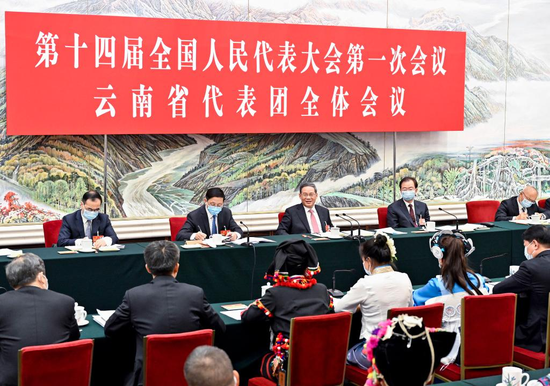
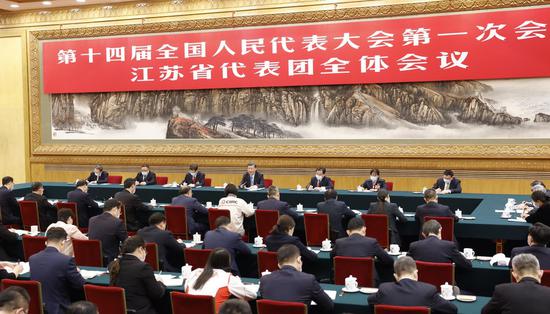

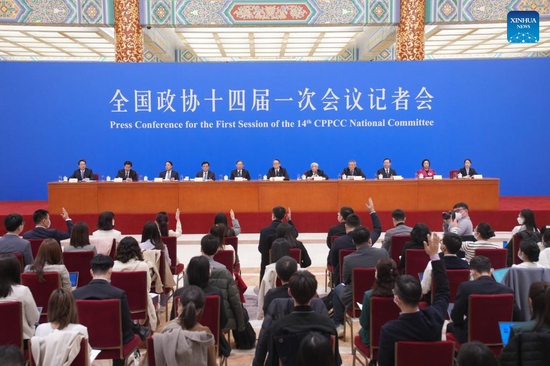
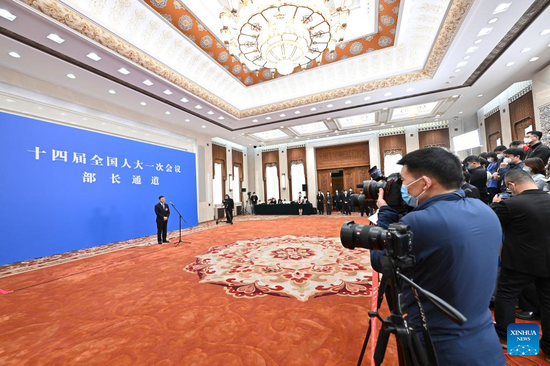
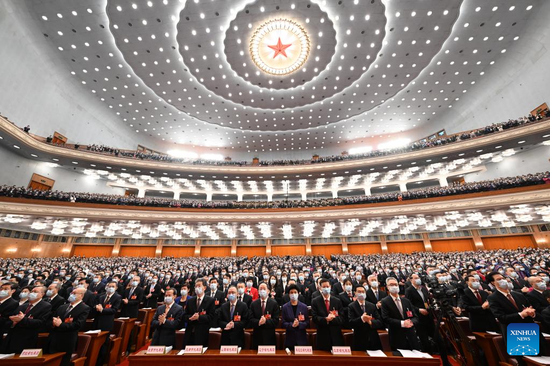
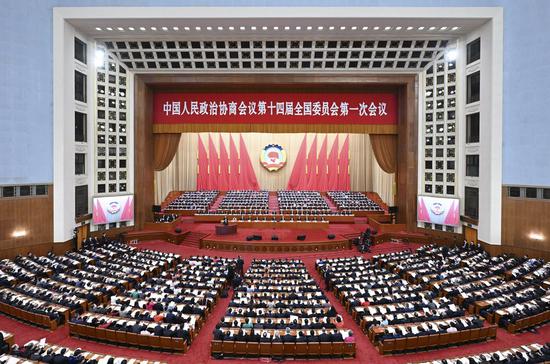

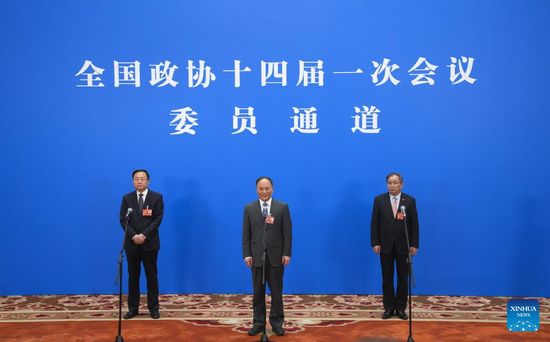
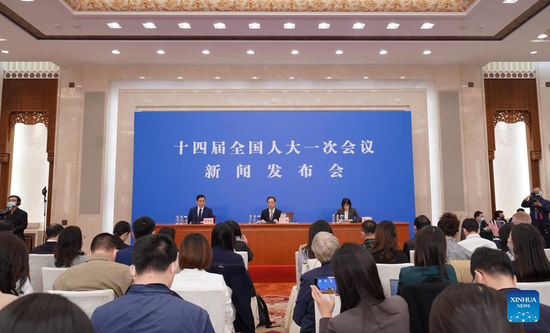
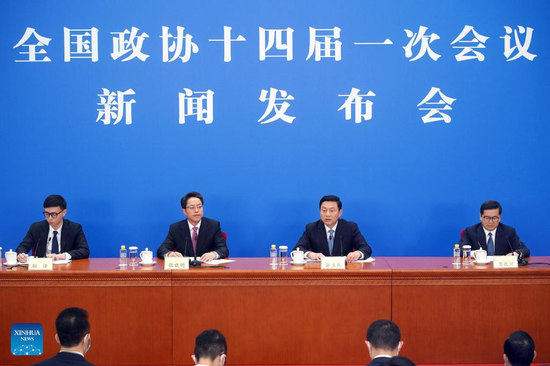
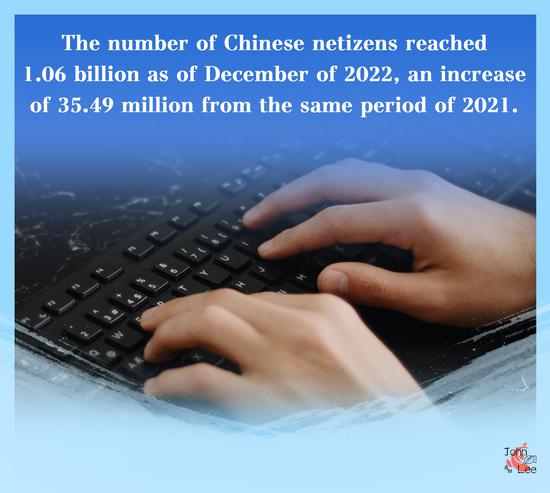

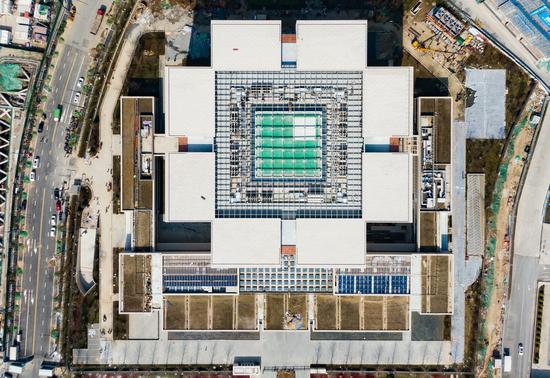







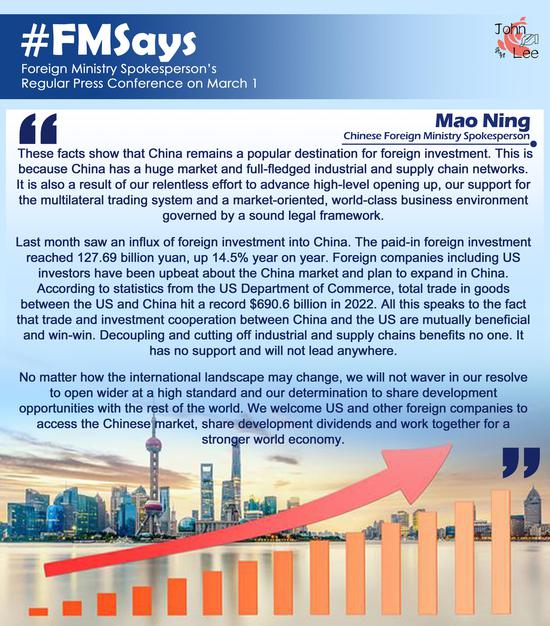
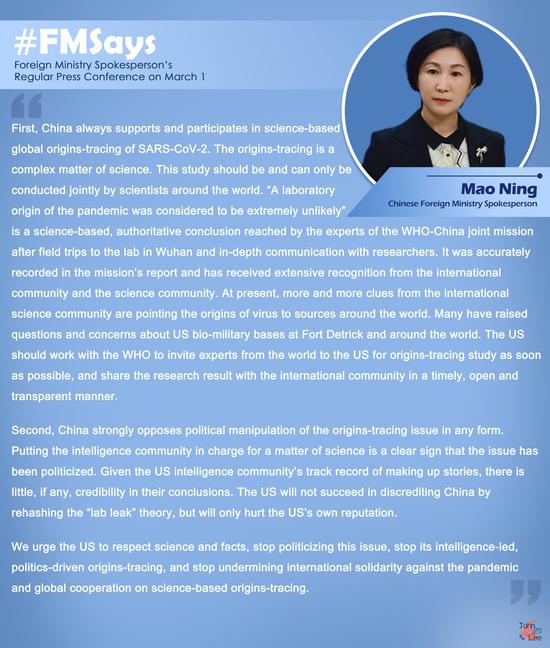



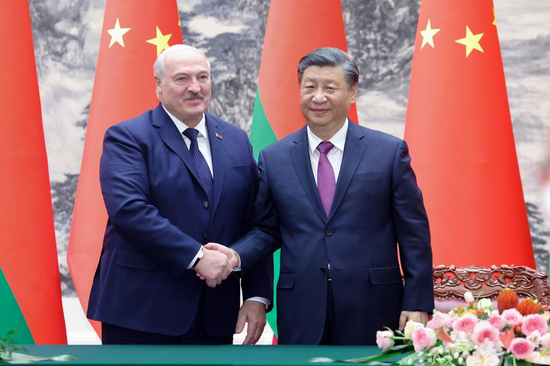


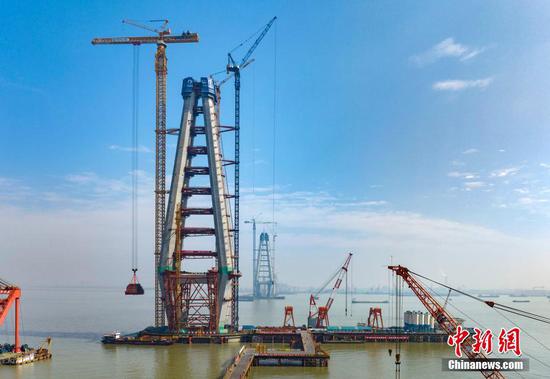
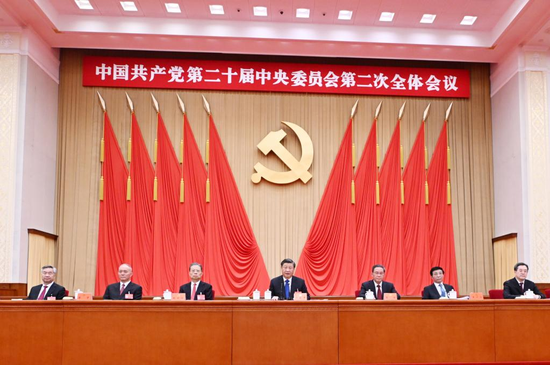






 京公网安备 11010202009201号
京公网安备 11010202009201号